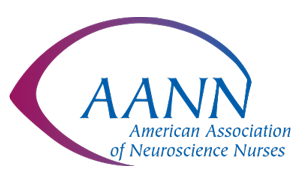Neuroscience Advanced Practice Provider Educational Symposium (Neuro-APP): Advanced Care for Neuroscience Patients
If you missed the 2025 Neuro-APP Symposium in New Orleans, you can purchase the recordings to earn up to 7 CE contact hours and CME credits and 4 pharmacology hours!
In 2026 the Neuro-APP Symposium, Annual Conference, and Stroke Conference will be combined into one super event: the AANN Annual Conference: Uniting Expertise, Elevating Care. The conference will be held from Saturday, March 21- Tuesday, March 24, 2026 in Dallas, Texas and will include educational tracks in general neuro, content for advanced practice providers, stroke content, and much more. Please save the date and check your email in the coming months for more information.
Get advanced practice nursing education for you and your team.
- Examine emerging guidelines and treatment modalities for a variety of neuroscience conditions that affect adult and pediatric populations
- Determine diagnostic testing strategies and therapies and their application into clinical practice
- Apply pharmacologic interventions to bedside clinical practice
- Create opportunities for professional networking among Neuroscience Advanced Practice Provider
- Establish a dynamic learning forum to inspire professional development
- Describe techniques to facilitate communication with patients, families, and colleagues
- Discuss complex cases

